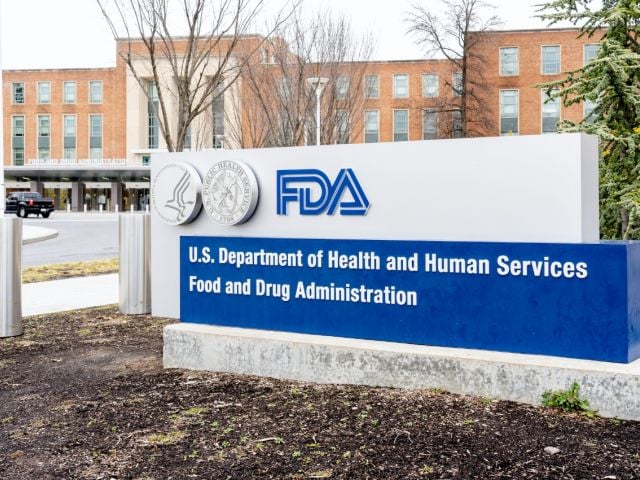WASHINGTON – Following an analysis by Environmental Working Group (EWG) that found that all infant formula manufacturers in the U.S. are using the toxic chemical Bisphenol-A (BPA) in their formula containers, Congressional leaders officially launched an investigation, demanding answers from infant formula companies.
Representatives John Dingell (D-MI) and Bart Stupak (D-MI) sent letters yesterday to companies requesting each divulge whether or not they use BPA in the plastic linings of their bottles and cans. Additionally, Dingell and Stupak asked the Food and Drug Administration (FDA) to provide the House Energy and Commerce Committee all test results and any other information in FDA’s possession that led to the agency’s claims that BPA does not pose a health risk to infants.
“This action sends a strong message to industry that the use of this harmful chemical in baby formula is not right,” said Sonya Lunder, a Senior Scientist at EWG. “Formula-fed babies can ingest high levels of BPA daily through their first 6 months of life. BPA exposure in young children causes serious concern and must be addressed before yet another generation of babies is put at risk.”
Late last year EWG contacted company officials at Nestlé, Ross-Abbot (Similac), Mead-Johnson (Enfamil), Hain-Celestial (Earth’s Best), and PBM (sold under various names at Walmart, Kroger, Target and other stores). Each company’s policy was documented a minimum of three times; twice through detailed phone interviews, and once by an e-mail questionnaire. The results revealed that all manufacturers use BPA to line the metal portions of infant formula containers, including both liquid and powdered varieties.
EWG’s previous estimates found that BPA exposures from liquid formula add up, particularly for the smallest and hungriest babies. We found that 1 out of every 16 infants fed ready-to-eat liquid formula are exposed to BPA at doses exceeding those that caused increased aggression and significant changes in testosterone levels in laboratory animals.
In light of these findings, EWG has created an online guide for parents to help them make the most informed decisions about how they feed their babies.
Should Parents Be Concerned About BPA?
Two separate panels sponsored by the National Institutes of Health (NIH) have both detailed concerns within the last year about infant exposure to BPA. One of the NIH panels consisting of 38 BPA experts from around the world expressed grave concerns that human exposures are at or above the levels that cause harm in animal studies.
The other panel within NIH – The Center for the Evaluation of Risks to Human Reproduction (CERHR) - concluded that there was “some concern” that infant exposure could harm brain development and adversely affect behavior. The chairman of the CERHR panel indicted that parents would be wise to avoid infant exposure to the chemical until serious outstanding questions about BPA’s potential harm are sorted out. The final determination from NIH is due later this year.
###
EWG is a nonprofit research organization based in Washington, DC that uses the power of information to protect human health and the environment. The group’s research on BPA is available online at https://www.ewg.org/chemindex/chemicals/23297



